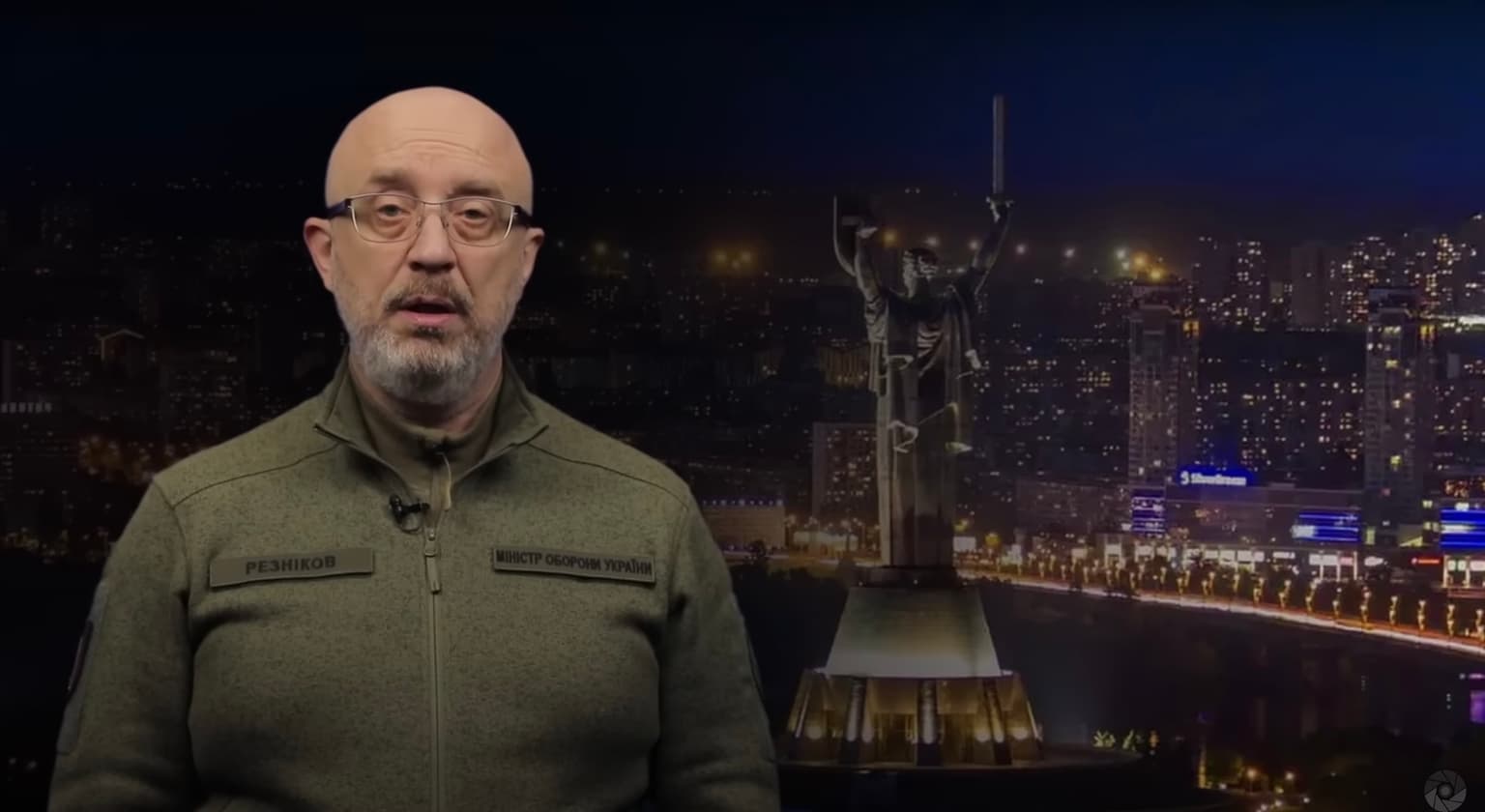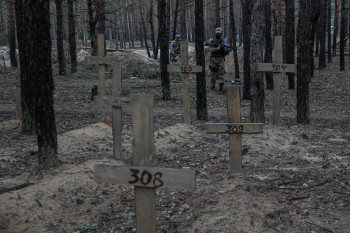Reznikov warns Russians of 'one week left' before Putin closes borders

Ukrainian Defense Minister Oleksii Reznikov warned Russian citizens in a video address on Dec. 30 that Russia's leadership is preparing a new wave of mobilization and plans to close the border within a week.
"I know for a fact that you have about one week left before you still have any choice," Reznikov said, speaking in Russian.
"In early January, the Russian authorities will close the borders to men, declare martial law, and begin another wave of mobilization. Borders will also be closed in Belarus," he said.
Earlier on Dec. 30, Kyrylo Budanov, head of Ukraine's Intelligence Directorate, said in an interview with the BBC that Russia is planning a new wave of mobilization starting Jan. 5 due to a lack of manpower.
Russia has lost over 100,000 soldiers in its war against Ukraine, according to the latest figures by the General Staff of Ukraine's Armed Forces. Suffering defeats on the battlefield, Russia has also had to rely on the Kremlin-backed private mercenary Wager Group to bolster its forces, who are known to recruit from among Russian prisons to fill ranks.
Reznikov also made a point to say this latest wave of conscription "concerns residents of large Russian cities." Moscow and St. Petersburg have largely been shielded from the Kremlin's mobilization drives, while ethnic minorities in other Russian regions have been found to be disproportionately called up.
Russian dictator Vladimir Putin on Sept. 21 declared a "partial mobilization," aiming to draw nearly 300,000 new soldiers into the Russian army.
At the time, Putin said that only those up to the age of 35 with military experience or a military-related background would be drafted. Partial mobilization implied that only certain reservists could be called up to serve.
However, after the announcement, older men with no military experience, students, and disabled people started receiving draft notices. Over 700,000 people fled Russia following the announcement and ensuing chaos.
Putin later claimed that this partial mobilization had concluded in October, but reports said covert mobilization in Russia had continued.










